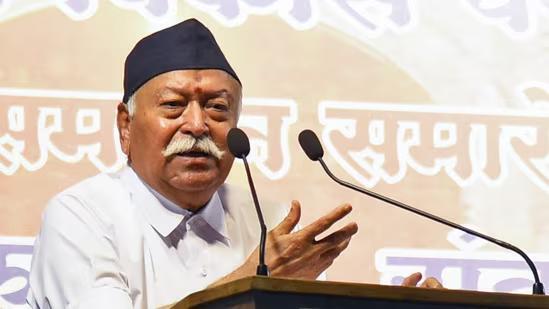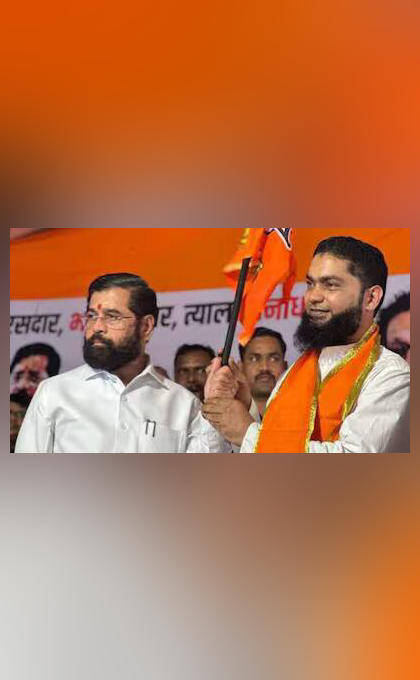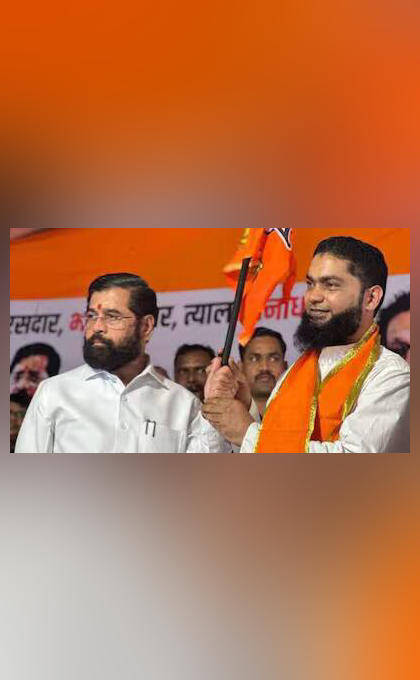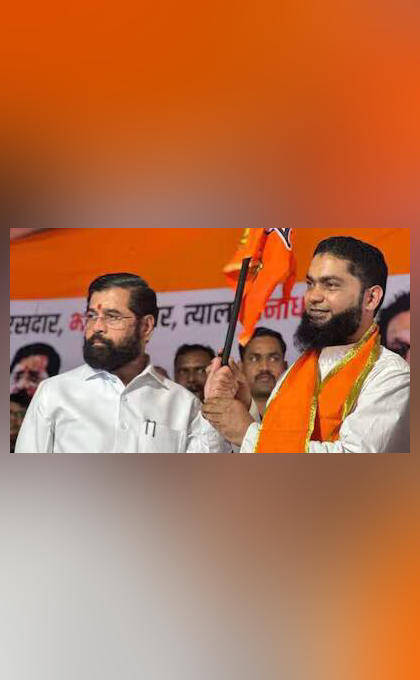
Muslims & Christians are also Hindus if they follow Indian culture: RSS chief Bhagwat
In a recent statement, Rashtriya Swayamsevak Sangh (RSS) chief Mohan Bhagwat has sparked a new debate by redefining the term “Hindu”. According to Bhagwat, anyone who takes “pride in Bharat” is a Hindu. This statement has far-reaching implications, as it challenges the traditional understanding of Hinduism as a religion and expands its definition to include people of other faiths who identify with Indian culture.
Bhagwat’s statement was made during a recent address, where he emphasized that the term “Hindu” is not limited to a specific religion, but rather encompasses a broader cultural and national identity. He said, “If Muslims and Christians, even without giving up their worship, customs and traditions, worship this country, follow Indian culture…then they are Hindus.” This statement suggests that Bhagwat views Hinduism as a inclusive and diverse concept that can accommodate people of different religious backgrounds, as long as they share a common allegiance to Indian culture and traditions.
This new definition of Hinduism has significant implications for India’s diverse population, which includes people of various religious faiths, including Muslims, Christians, Sikhs, and others. Bhagwat’s statement implies that these individuals can be considered Hindus, not in the classical sense of the word, but in the sense that they are part of the broader Indian cultural and national identity. This expanded definition of Hinduism has the potential to promote greater unity and inclusivity among Indians, regardless of their religious affiliations.
Bhagwat also emphasized that India does not need an official label to be a ‘Hindu Rashtra’ (Hindu nation), because its civilization already reflects this identity. He argued that the concept of a Hindu Rashtra is not about imposing a particular religion on the population, but rather about recognizing and celebrating the shared cultural and national heritage of the Indian people. This statement is significant, as it suggests that Bhagwat and the RSS are more interested in promoting a broader cultural and national identity, rather than a narrow religious agenda.
The implications of Bhagwat’s statement are far-reaching, and have the potential to reshape the way we think about Hinduism and Indian identity. If we accept Bhagwat’s definition of Hinduism, it would mean that people of all religious backgrounds can be considered Hindus, as long as they identify with Indian culture and traditions. This would promote a more inclusive and diverse understanding of Hinduism, and would help to break down the barriers that often divide people of different religious faiths.
However, it is also important to recognize that Bhagwat’s statement may not be universally accepted, and may be subject to different interpretations and criticisms. Some people may argue that Bhagwat’s definition of Hinduism is too broad, and that it fails to recognize the unique cultural and religious traditions of different communities. Others may argue that Bhagwat’s statement is an attempt to impose a particular ideology or agenda on the population, and that it undermines the diversity and pluralism of Indian society.
In conclusion, RSS chief Mohan Bhagwat’s statement that Muslims and Christians can be considered Hindus if they follow Indian culture has sparked a new debate about the meaning and definition of Hinduism. While this statement has the potential to promote greater unity and inclusivity among Indians, it is also subject to different interpretations and criticisms. As we move forward, it is essential to engage in a nuanced and respectful discussion about the meaning of Hinduism and Indian identity, and to recognize the diversity and complexity of Indian society.
Ultimately, the question of what it means to be a Hindu is a complex and multifaceted one, and there is no easy answer. However, by engaging in a open and respectful dialogue about this issue, we can work towards a deeper understanding of Indian culture and identity, and promote a more inclusive and harmonious society for all.





